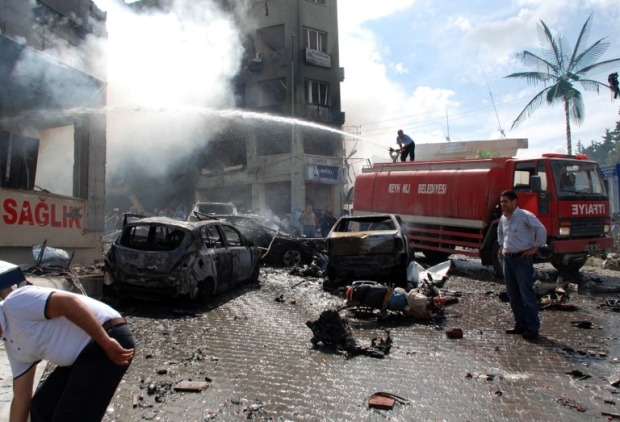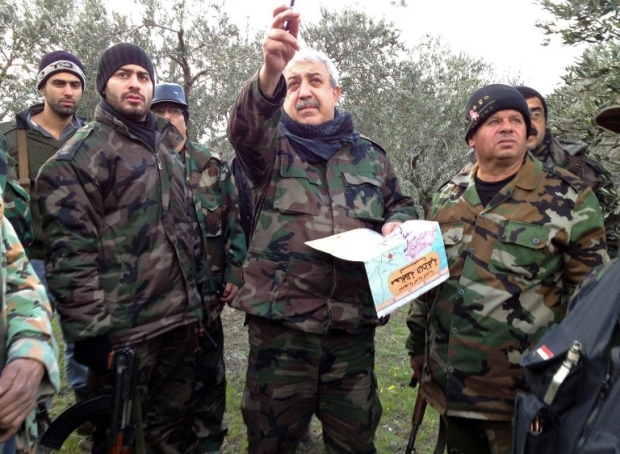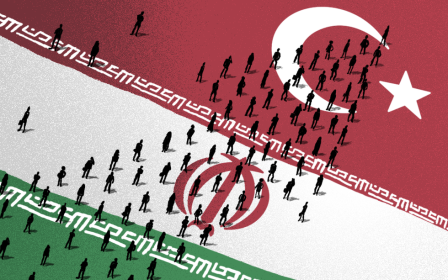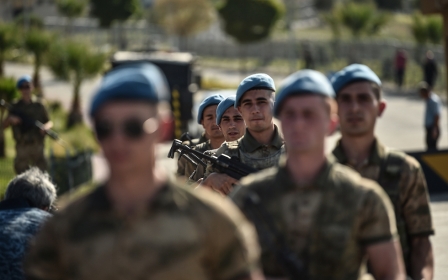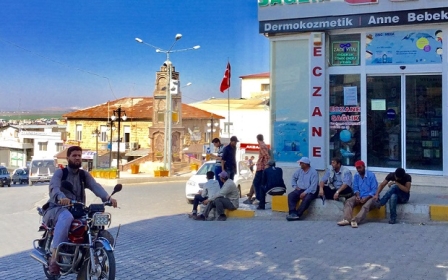Turkey captures 2013 bombing suspect in secret Syria mission
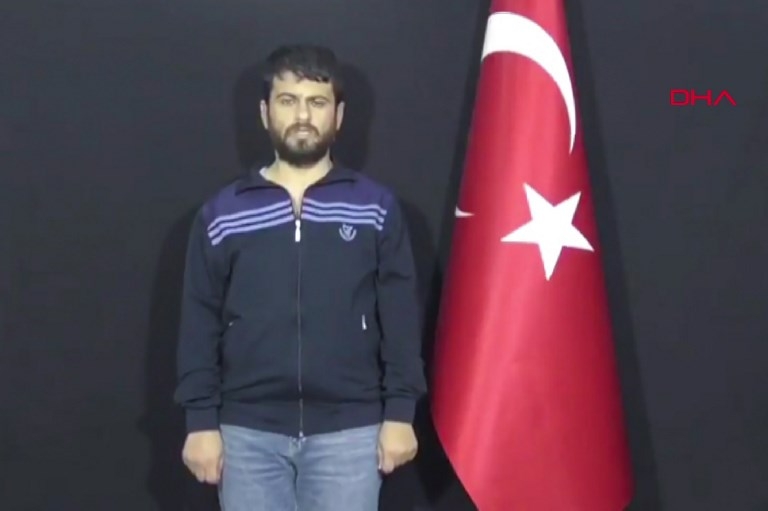
Turkish intelligence conducted a secret operation in the stronghold of Syrian leader Bashar al-Assad, capturing the prime suspect in one of the deadliest bombings in Turkey's history, Turkish officials said on Wednesday.
Yusuf Nazik, a Turkish citizen, was captured in the coastal Syrian city of Latakia and then brought to Turkey by the National Intelligence Organisation (MIT). Officials did not say when the operation took place.
During an interrogation, Nazik confessed that he and his friends were involved in the May 2013 bombings in Reyhanli which killed 53 people, but said it was Syrian intelligence that ordered the attacks, Turkish security sources who spoke to state news agency Anadolu said.
"I couldn’t run away from the Turkish state. I am regretful, they captured me in Syria and brought me back to here," he said in a clip aired by Anadolu. "I am calling my friends in Syria, turn back when it’s not too late."
At the time of the attacks, Ankara blamed the Syrian government and allied groups, but Damascus rejected the charges.
In February, a court in Ankara sentenced nine people to multiple aggravated life sentences for their involvement in the attack, while issuing 10 to 15 years in jail for 13 others.
According to Turkish security sources who spoke to Anadolu, he gave details about how he organised the attacks, including how he scouted out locations and brought explosives from Syria to Turkey which he planted in two vans that would later explode.
A senior Turkish official told Anadolu: "We take the information provided by Yusuf Nazik about the involvement of Syrian intelligence operatives in the 2013 Reyhanli attack very seriously. His testimony corroborates long-standing reports about the Assad regime's role in the bombing, which killed 53 innocent people."
Nazik also gave information about Mihrac Ural, a Turkish national who officials say serves as a member of the Shabiha, a paramilitary force loyal to Assad and known for its brutality and penchant for stirring sectarian differences.
Ural, who is also sought by Turkey for his alleged role in the Reyhanli attacks, caused a stir in Sochi in January during the Syrian National Dialogue Congress.
As representatives from the Syrian government, the Syrian opposition, Turkey, Iran and Russia met for the first time to discuss a new constitution, he was seen in the meeting room, reportedly on the invitation of the Russians. In reaction, the opposition representatives left the meeting.
Turkish Foreign Minister Mevlut Cavusoglu told reporters in early February that Ankara had asked Russia to extradite Ural and he was being sought by an Interpol red notice.
"We immediately reacted to this terrorist’s participation there and demanded an explanation from Russia," he said. “We want this person’s immediate detention and extradition to Turkey."
Turkey’s operation in Latakia came less than a week after the Tehran summit, where leaders of Turkey, Russia and Iran gathered to discuss the future of Syria and also the situation in Idlib.
Turkish President Recep Tayyip Erdogan called for a ceasefire in Syria's last rebel-held province in a bid to prevent civilian deaths and flow of refugees, an option which both Russia and Iran, which support the Assad government, reject in favour of a large-scale operation.
After the summit, Russian and Syrian government bombardment of southern Idlib intensified, leaving dozens of civilians dead.
Earlier this week, Russian, Turkish and Iranian diplomats gathered in Geneva to discuss Syria's new constitution which Syrians are supposed to vote on after the war.
New MEE newsletter: Jerusalem Dispatch
Sign up to get the latest insights and analysis on Israel-Palestine, alongside Turkey Unpacked and other MEE newsletters
Middle East Eye delivers independent and unrivalled coverage and analysis of the Middle East, North Africa and beyond. To learn more about republishing this content and the associated fees, please fill out this form. More about MEE can be found here.


